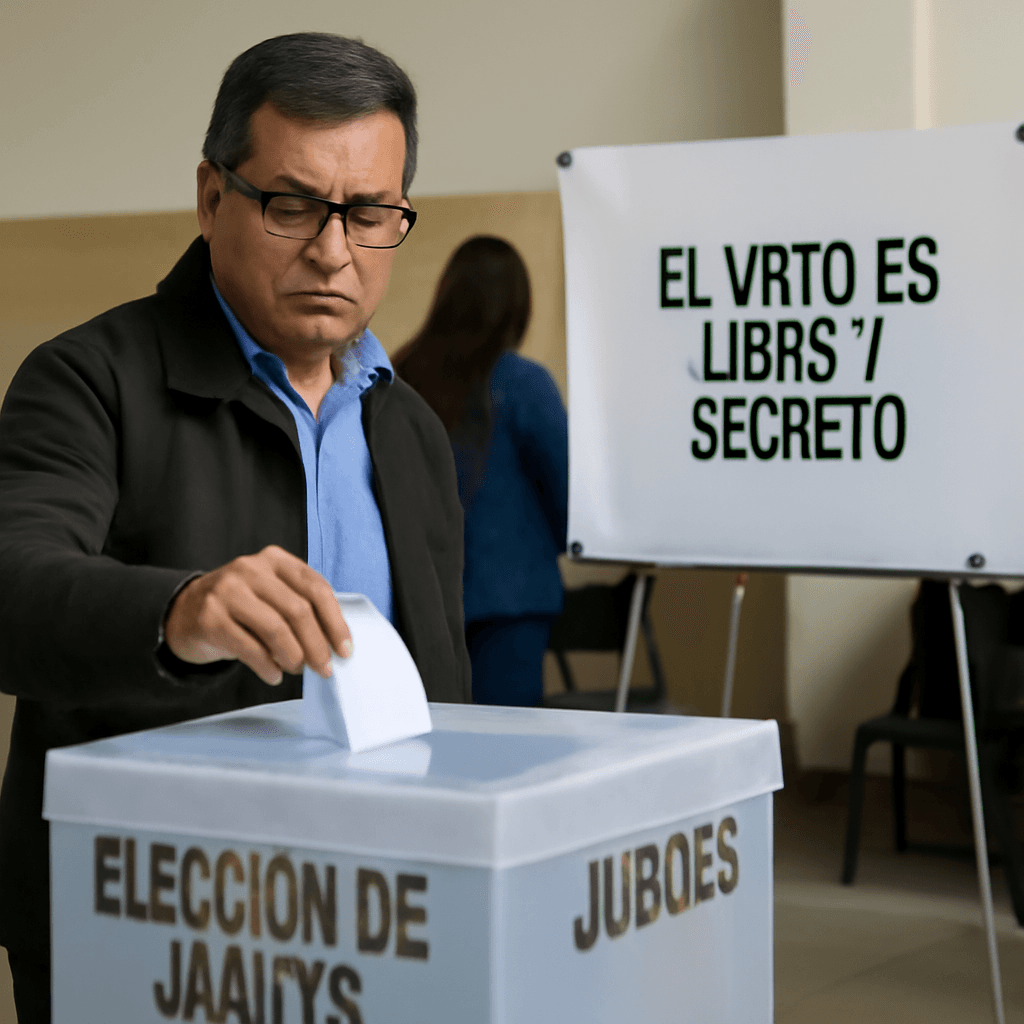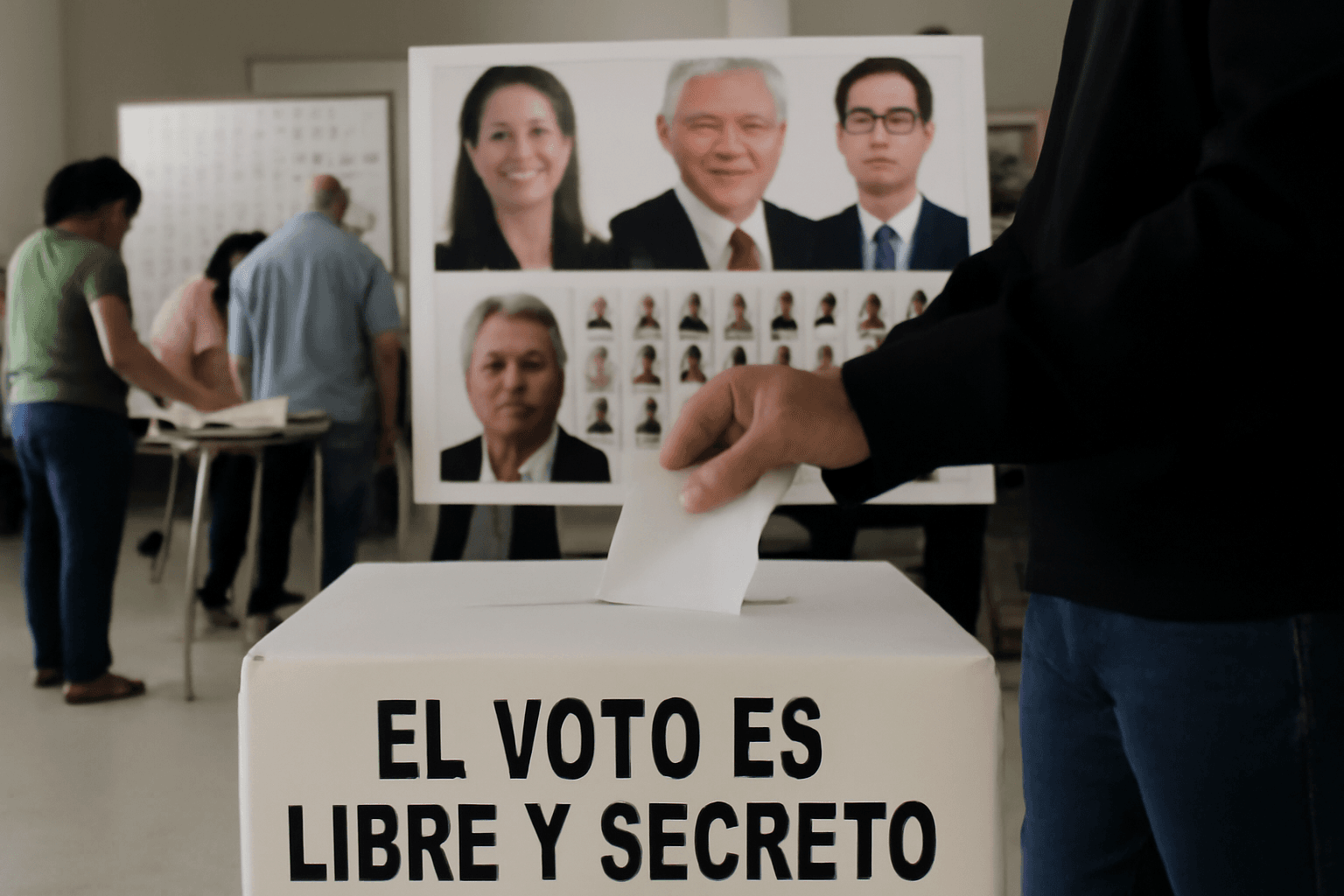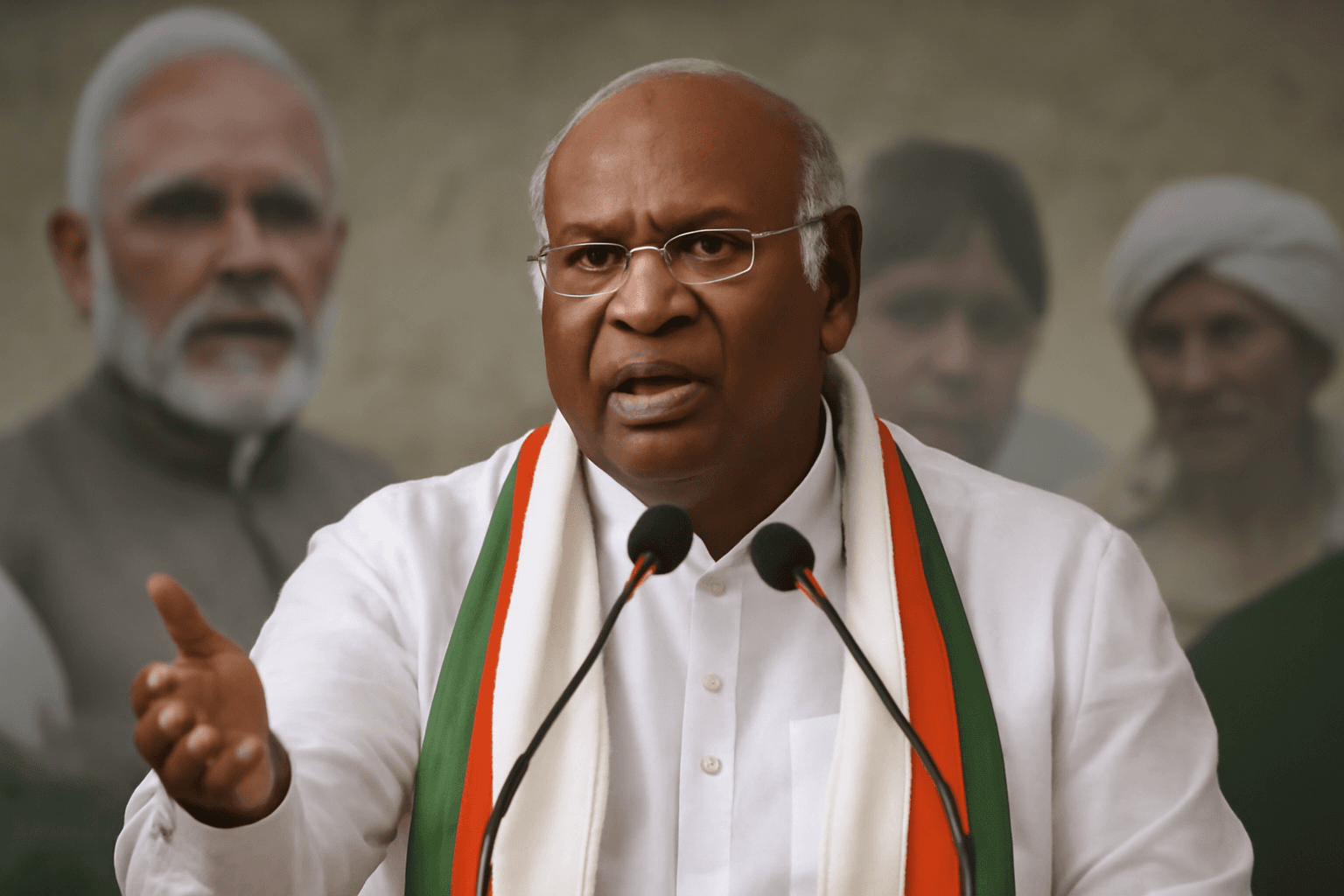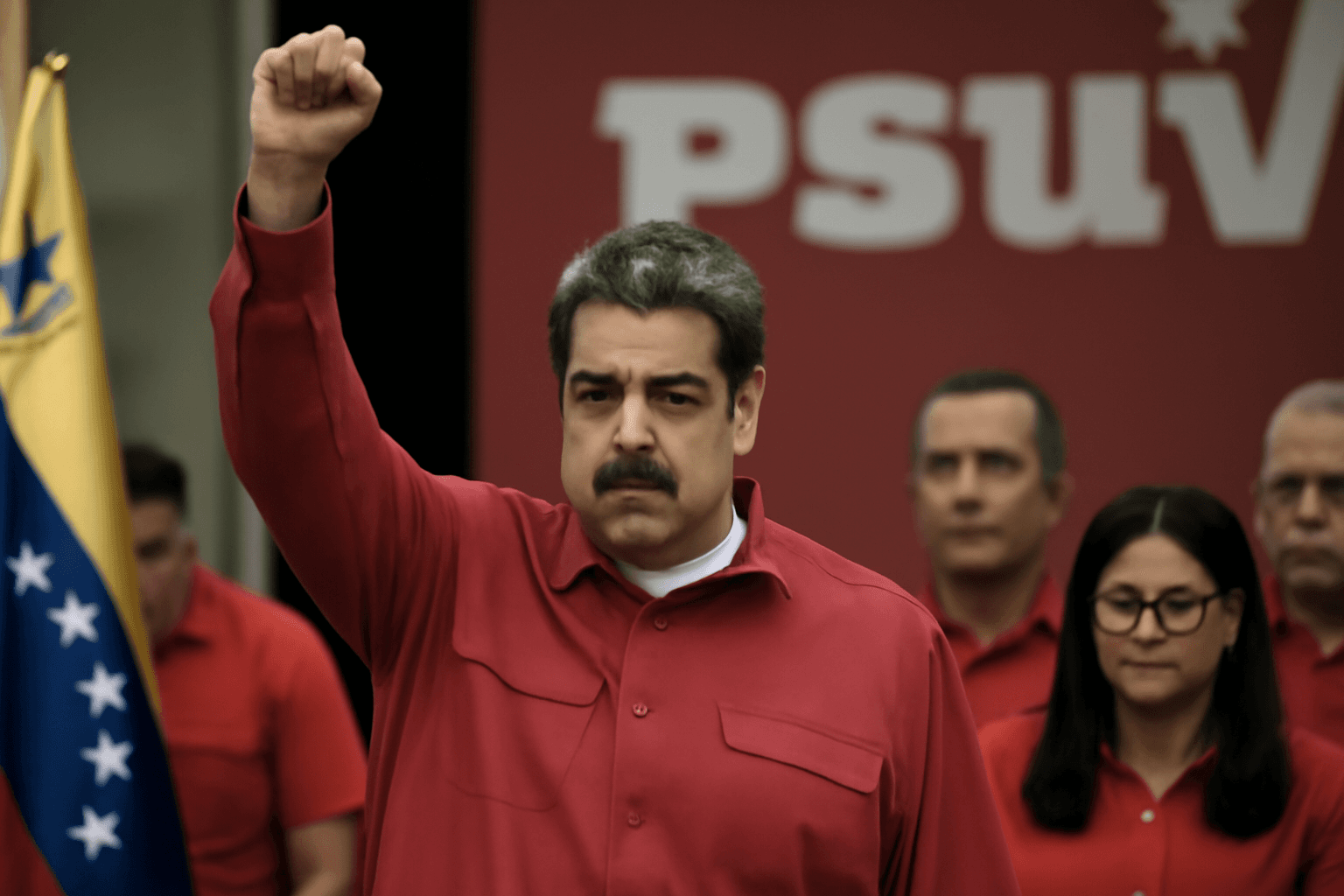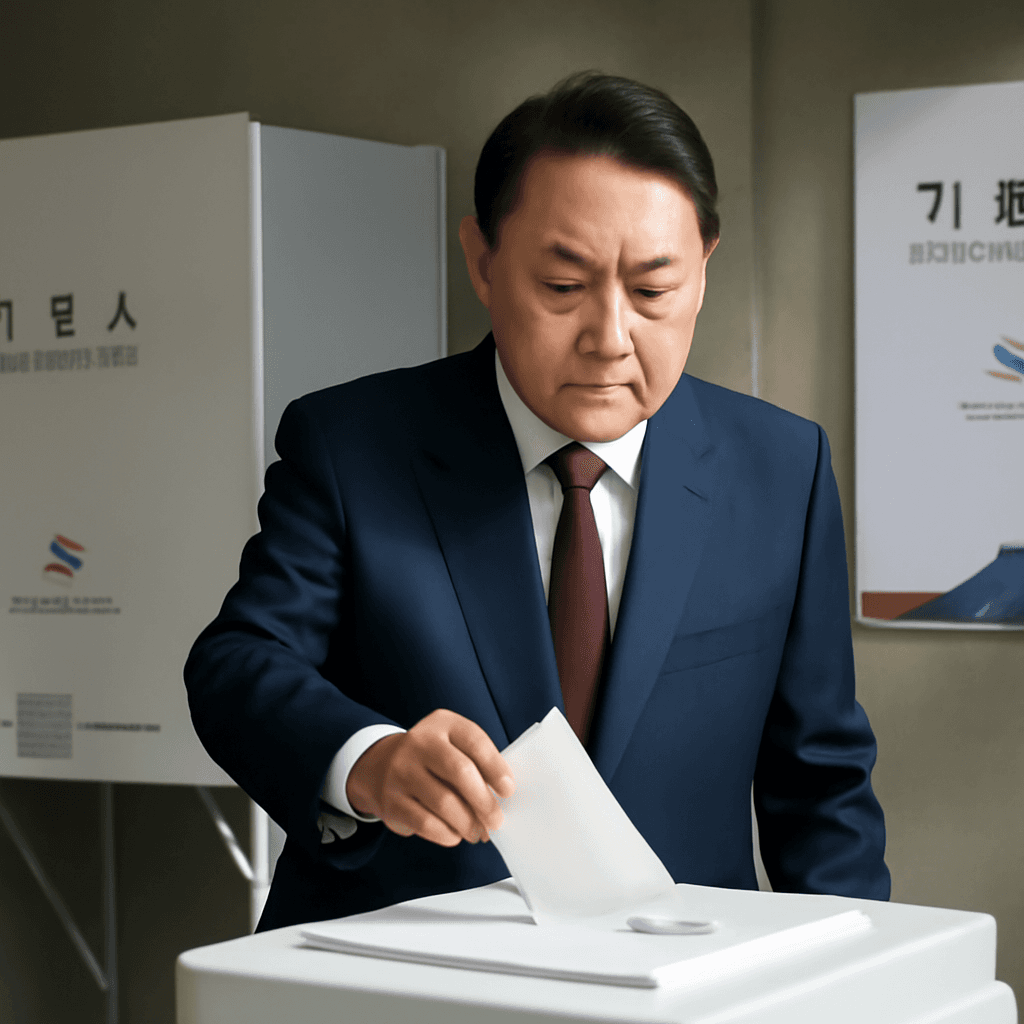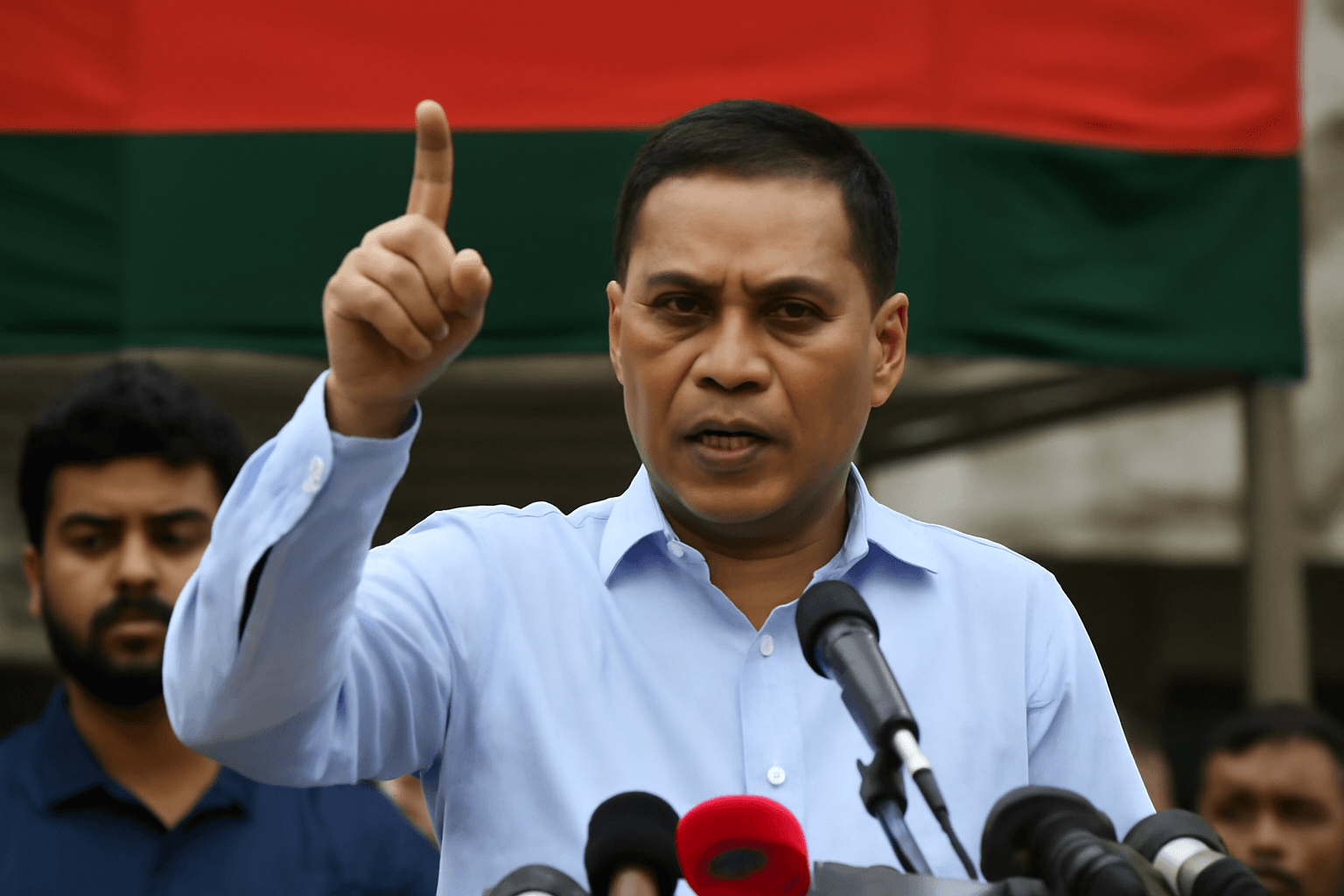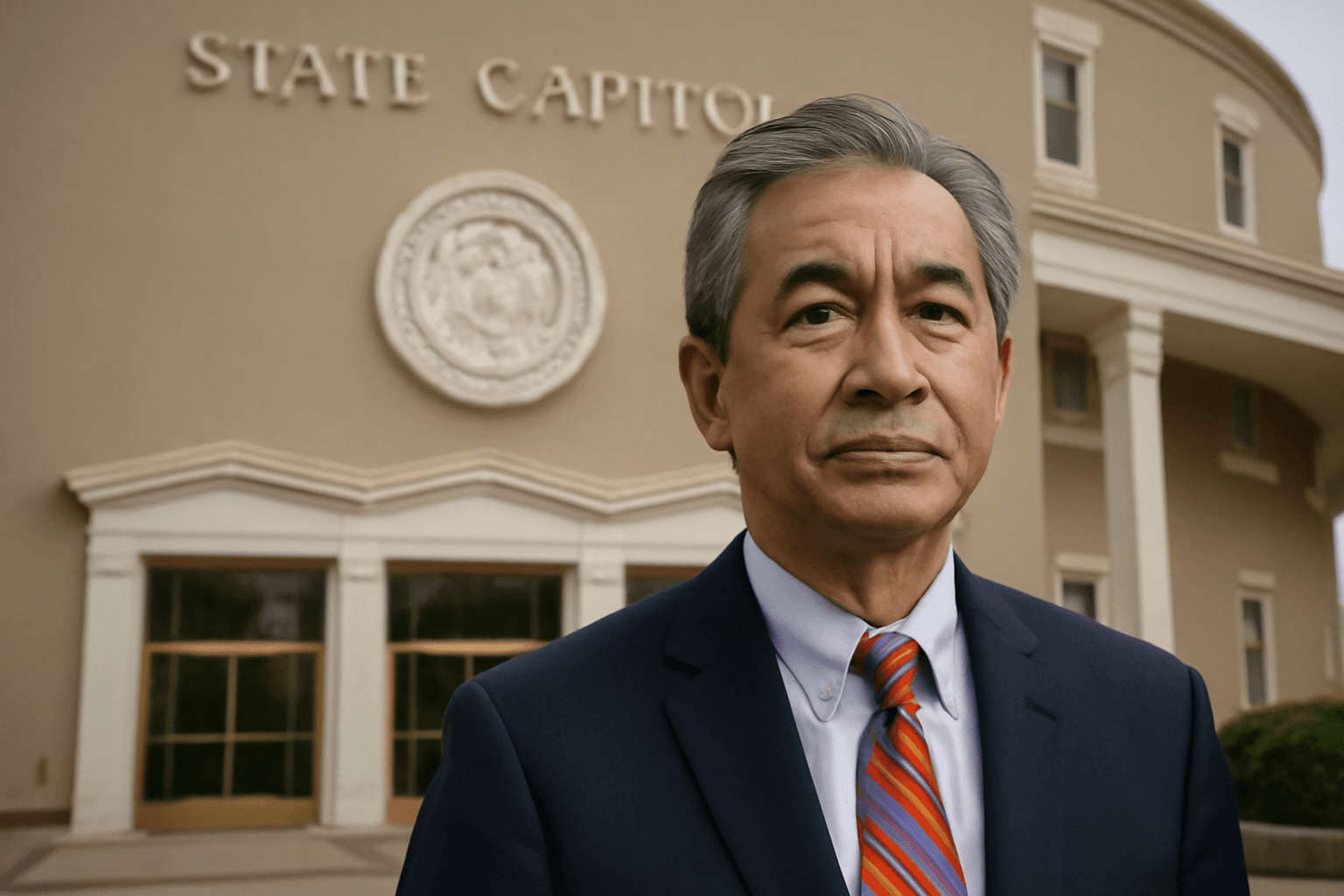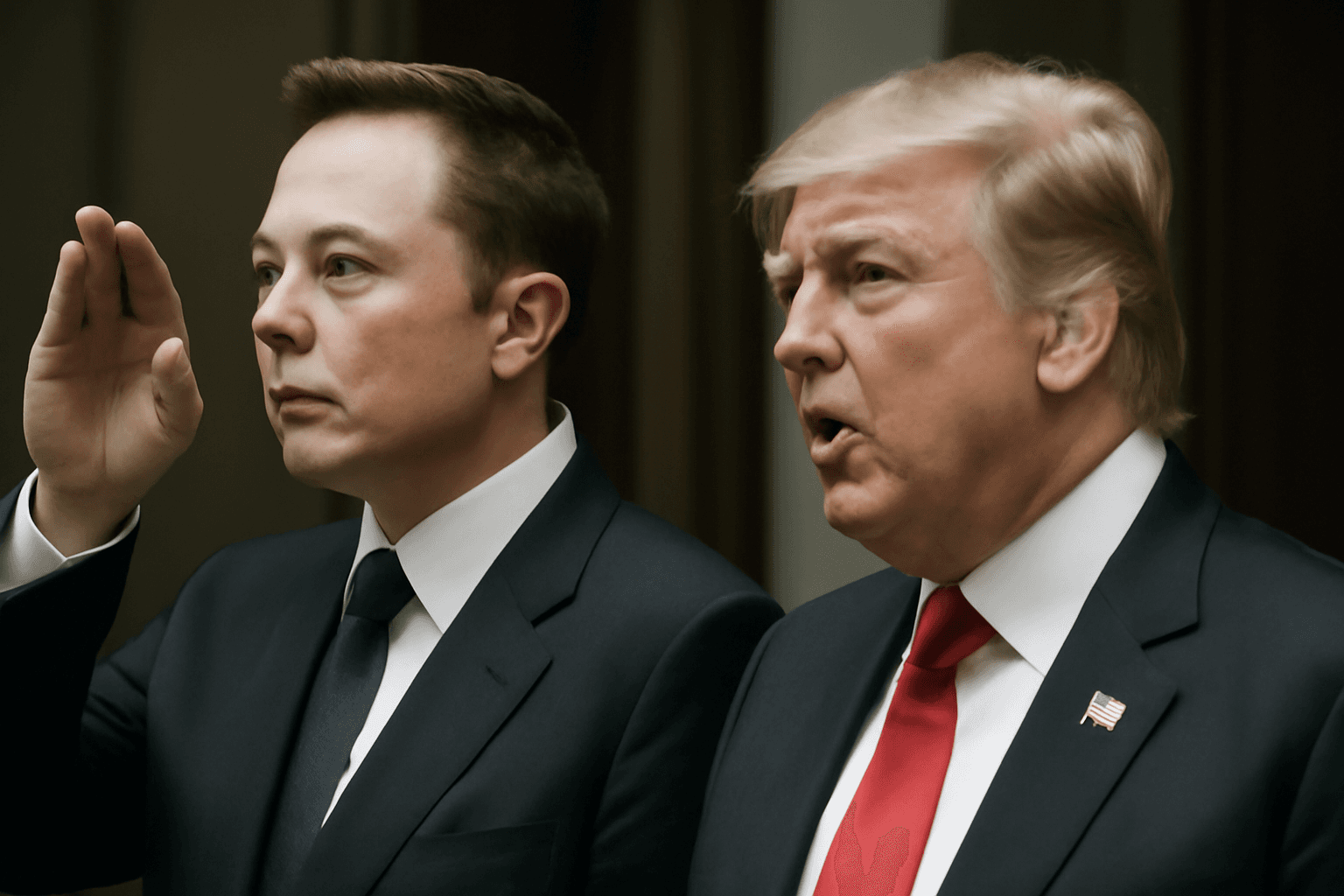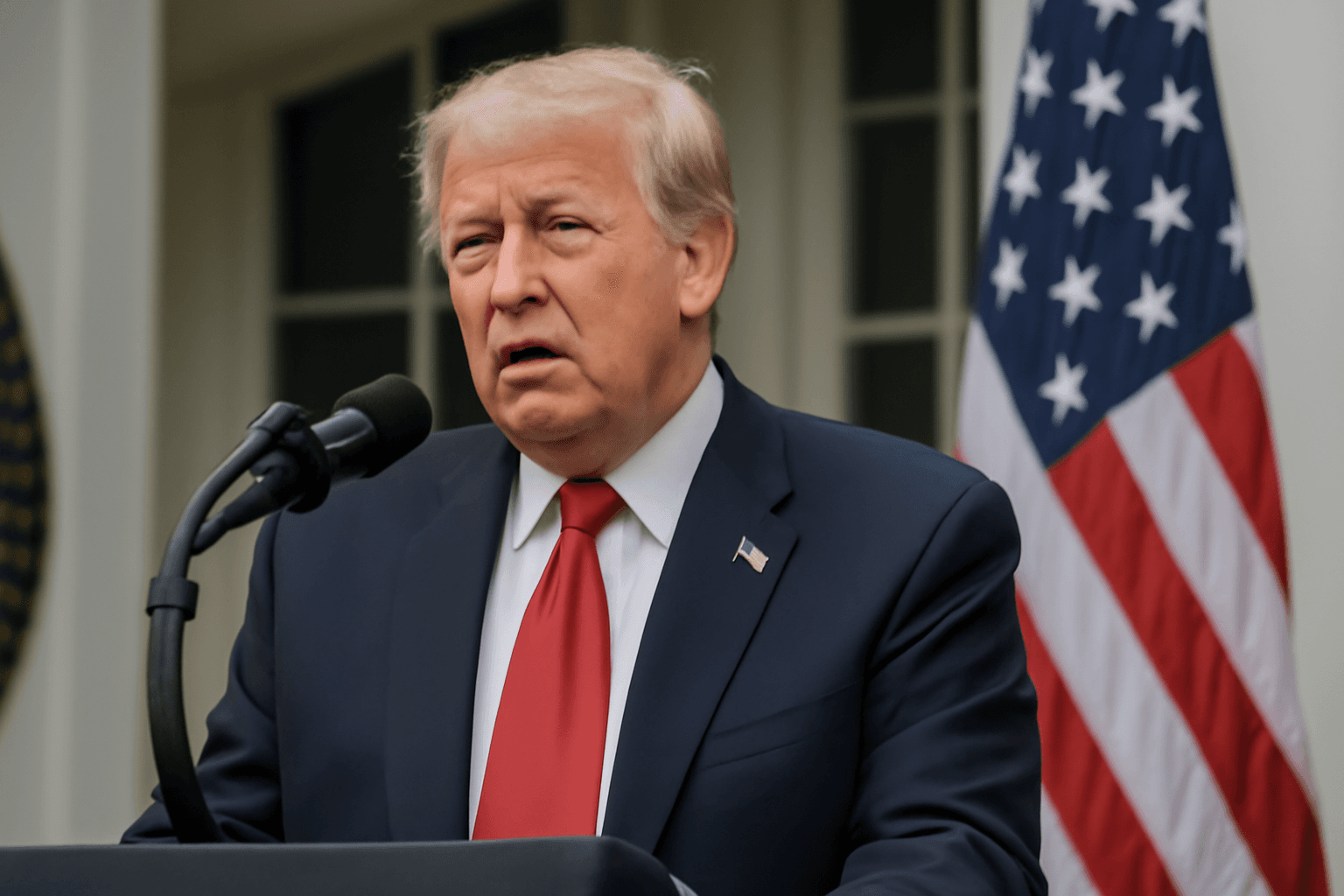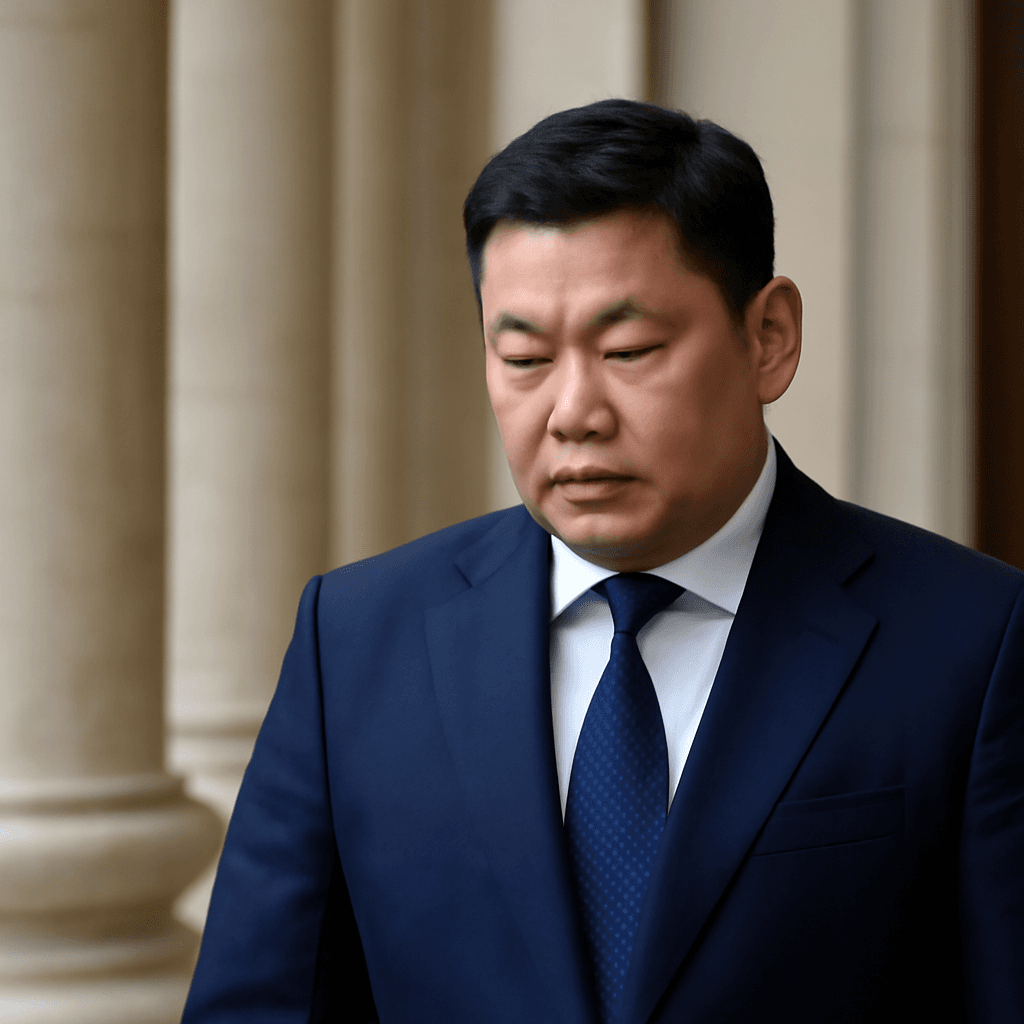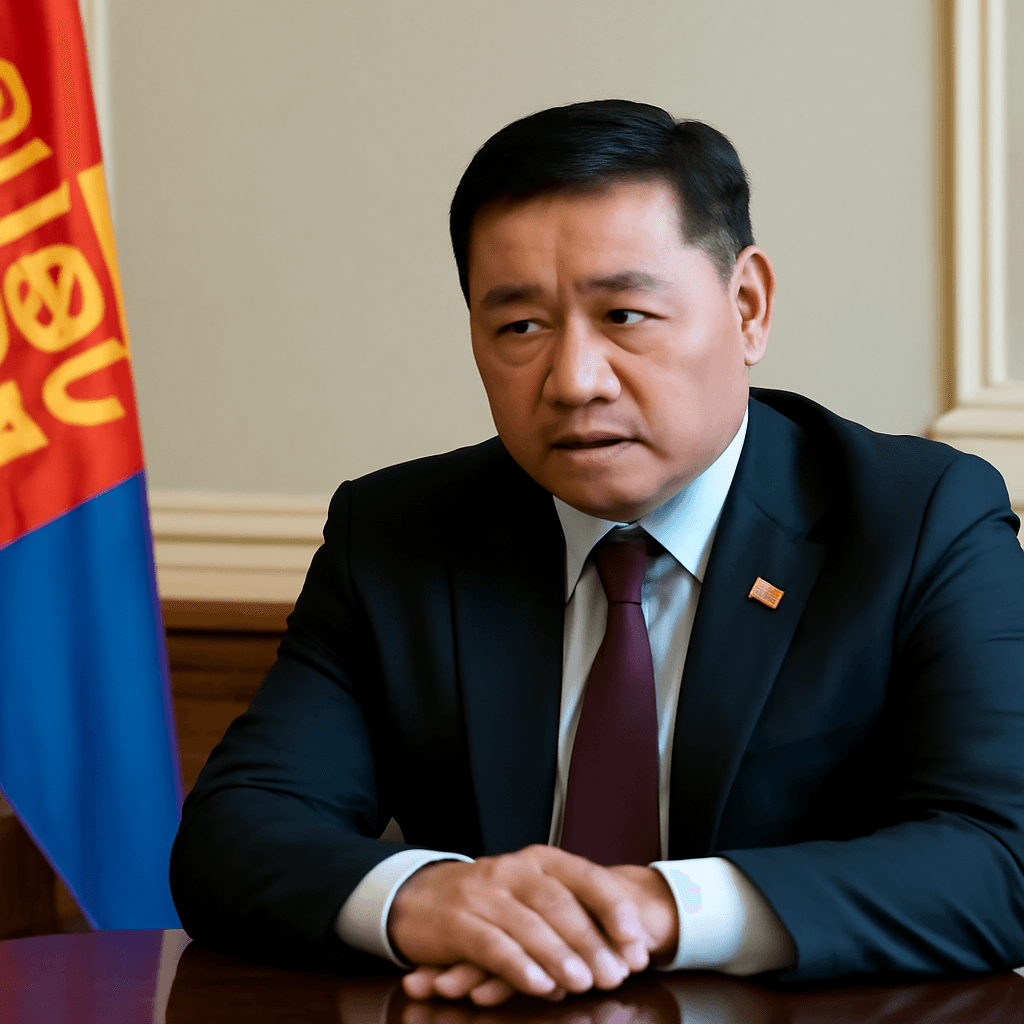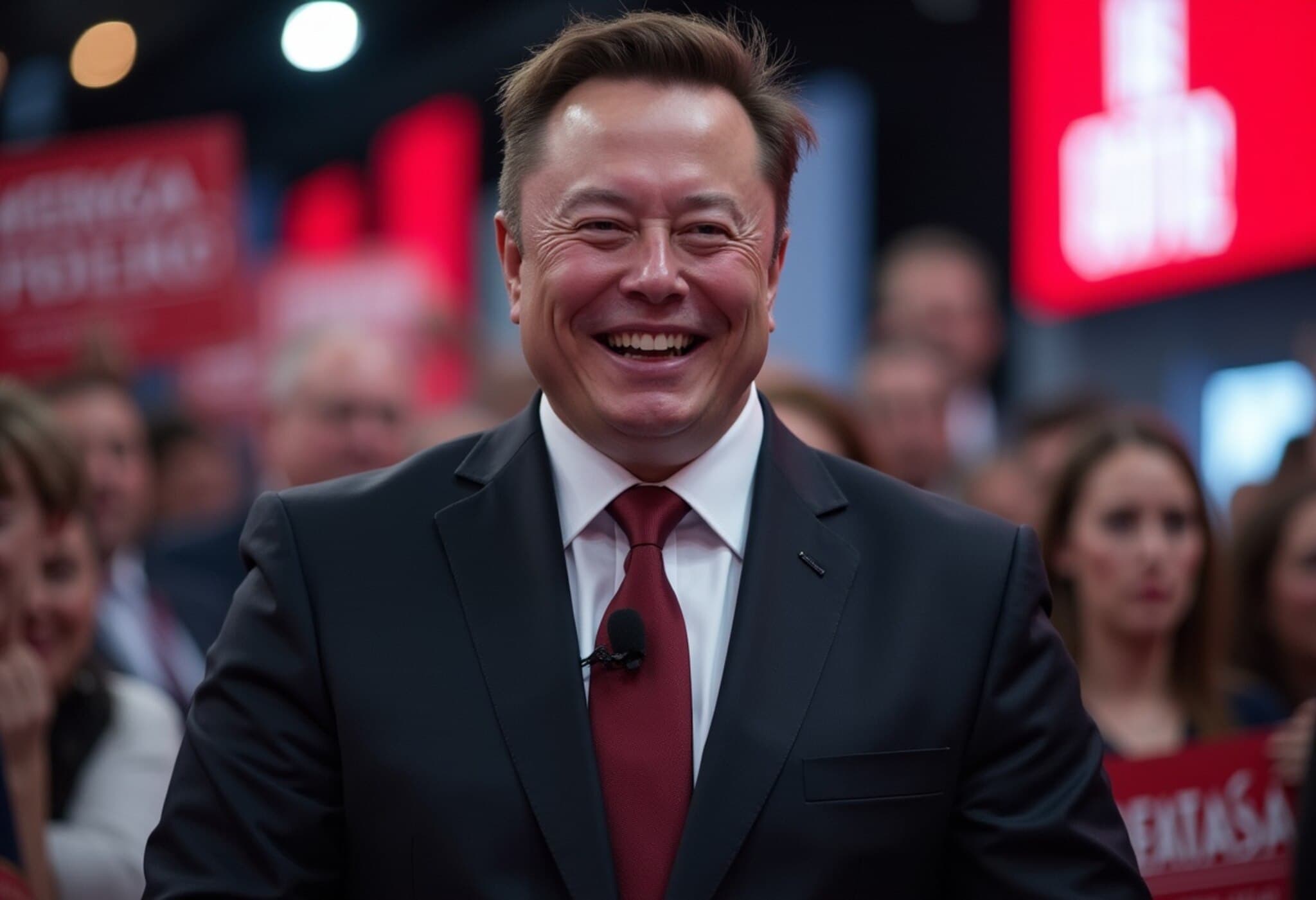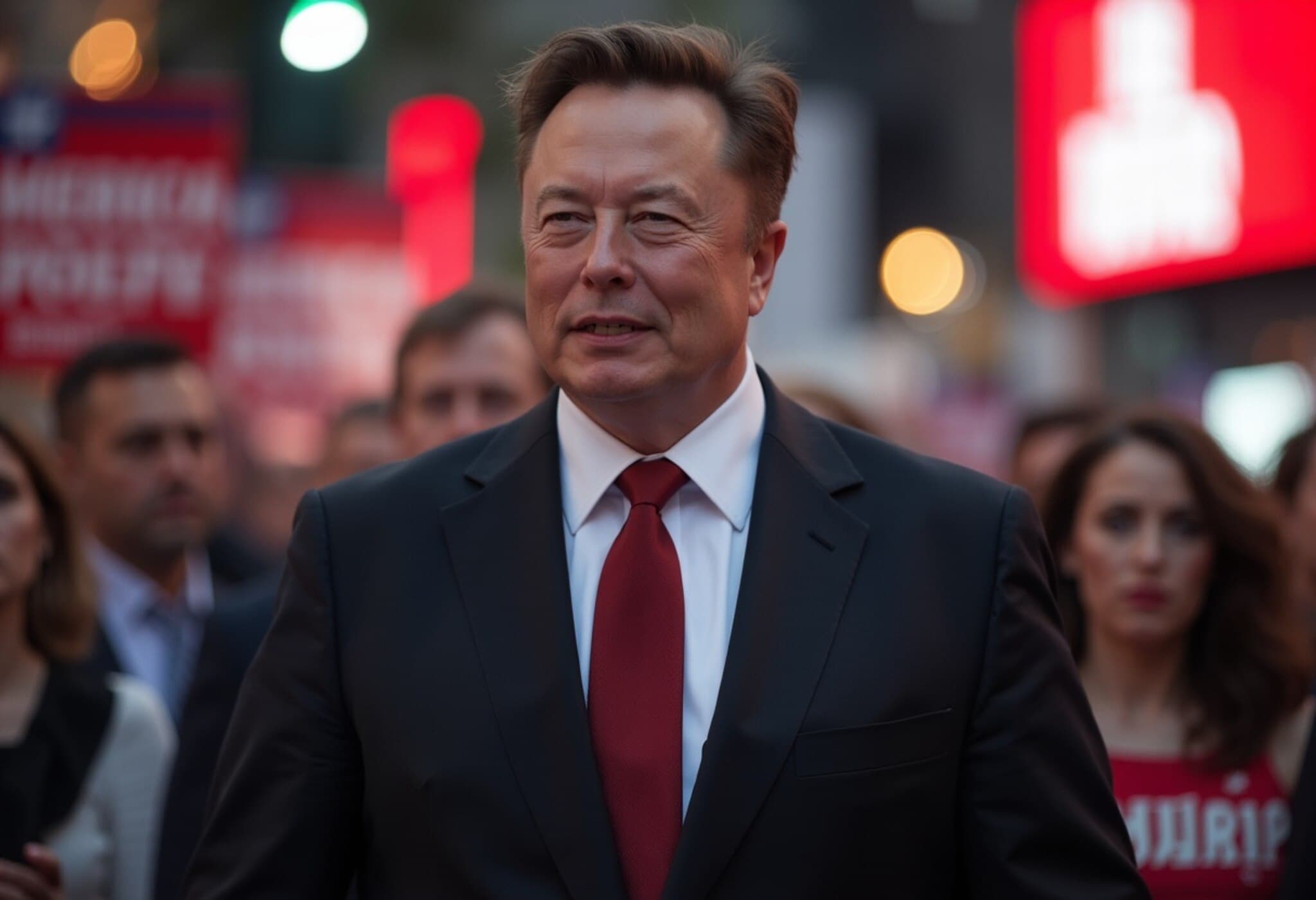Introduction to Mexico's First Judicial Elections
Mexico held its inaugural judicial elections on June 1, 2025, marking a significant shift in how judicial officials are selected. This historic change has sparked both confusion and controversy among the public and legal experts alike.
Transformation of the Judicial Appointment Process
Previously, Mexican judges were appointed based on merit and experience. However, the recent overhaul of the court system, spearheaded by the ruling party Morena late last year, now places the decision in the hands of voters. More than 7,700 candidates competed for over 2,600 judicial positions, a move intended to democratize the judiciary but criticized for its potential risks.
Intentions Behind the Reform
Supporters, including President Claudia Sheinbaum and Morena officials, argue that the elections aim to reduce corruption within the courts and break the historical cycle of impunity present in Mexico's justice system.
Concerns and Criticisms
In contrast, critics warn that this major shift may ultimately undermine democratic integrity and could increase the influence of organized crime and corrupt entities over the judiciary. The hurried implementation of this electoral process has added to public distrust and uncertainty.
Challenges Facing Voters and the Judicial Elections
Voters have encountered significant difficulties navigating the new system. Due to restrictions, candidates cannot freely campaign or clearly declare party affiliations, complicating informed decision-making.
Many voters faced ballots featuring well over 100 candidates without comprehensive information on their backgrounds, leading to widespread confusion. For example, Miguel Garcia, a 78-year-old Mexican citizen, expressed frustration after traveling across Mexico City to find reliable candidate information but found little beyond official posters at the Supreme Court.
Controversial Candidate Backgrounds
Concerns were further heightened when civil society organizations highlighted questionable candidates, including:
- Lawyers previously representing infamous cartel leaders
- Former local officials who resigned amid corruption allegations
- Ex-convicts previously imprisoned for drug trafficking to the United States
- Candidates linked to a religious sect whose leader is incarcerated for sexual abuse charges
Election Environment and Political Influence
Election authorities have reported investigations into the distribution of voter guides, which some critics argue have been manipulated by political parties to sway votes.
Observers emphasize the clear attempts by political parties to influence electoral outcomes in this unprecedented judicial election.
Conclusion
Mexico's first-ever judicial elections represent a bold attempt to reform the judiciary and tackle longstanding issues of corruption. However, significant public confusion, a rushed implementation process, and the presence of controversial candidates pose serious challenges to the legitimacy and success of this new system. The outcome will have profound implications for Mexico’s democracy and its judicial independence.

